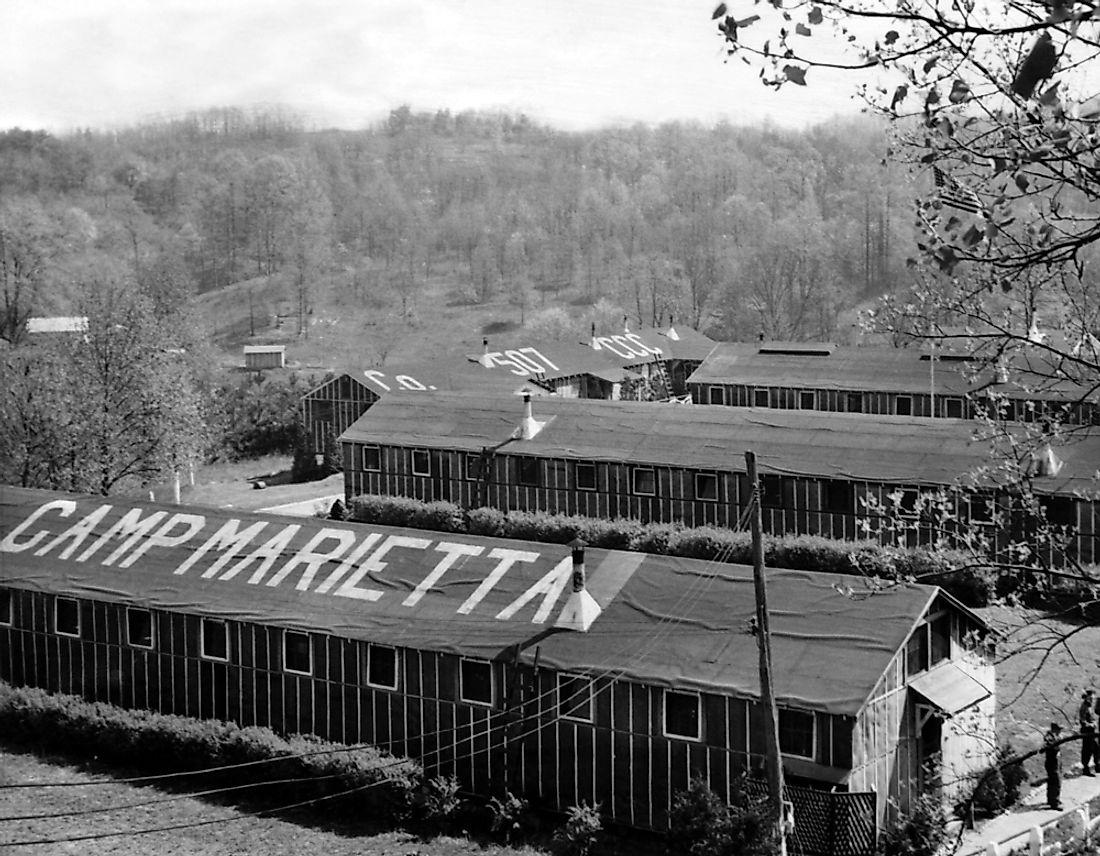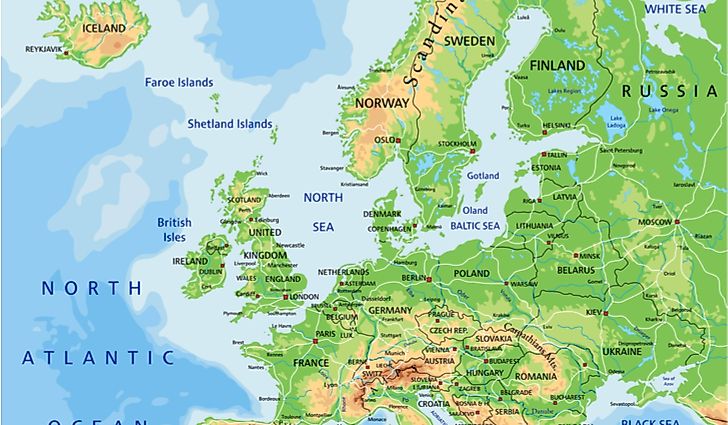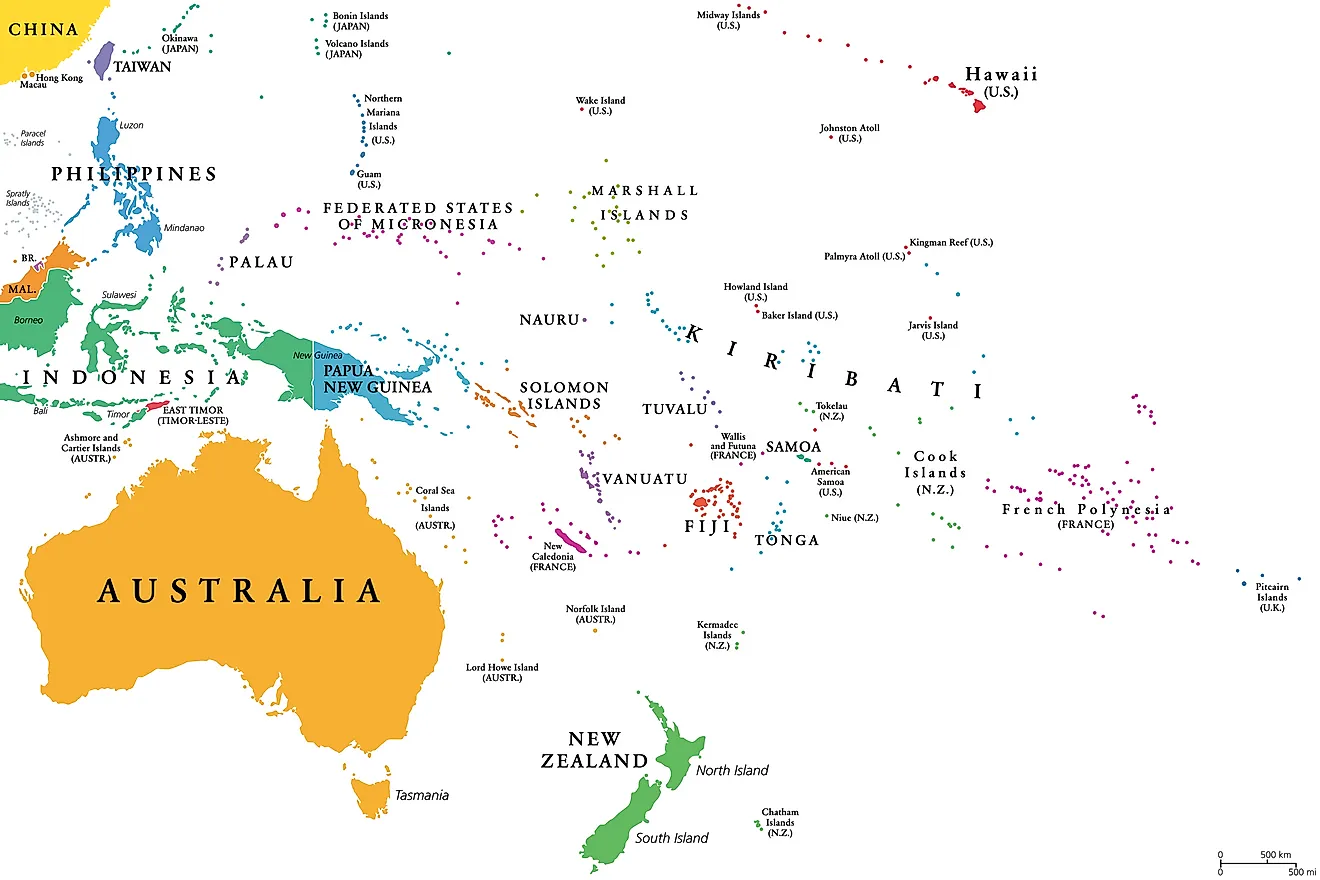What is a Conscientious Objector?

A conscientious objector is "an individual who has claimed the right to refuse to perform military service". This objection could be due to moral or religious reasons, and conscientious objectors are also against any form of war or military aggression anywhere in the world. The earliest known conscientious objector was Maximilanus, refusing to serve in the Roman armed forces during the year 295, and was subsequently executed for his objections. Many conscientious objector's throughout history have been killed, imprisoned, or excluded from their society.
World War I and II
In the early days of objecting to war and serving in the military, these individuals were often seen as cowards, deserters, and even unpatriotic traitors by many in society. Tribunals during World War I were very harsh when determining if reasons for objection to conscription were valid, and opposition to the war was undoubtedly a minority view. Many were sentenced to harsh jail terms for their perceived disobedience.
World War II was considered a total war, meaning every single aspect of society was devoted to the cause. Objection to the war, mainly for religious reasons, was recognized by the state and military of the United States and the United Kingdom as well as many other Allied countries. Conscientious objectors during this time would work in community public service which was deemed work of national importance. Specialized workers who worked in industries vital to the war effort were also exempt from military service. After WWII, the United Nations officially recognized conscientious objection to war within the Universal Declaration of Human Rights in 1948.
Conscientious Objectors in the Vietnam War
The questionable motives and tactics used by the United States during the Vietnam War and other wars since this time led to an explosion of conscientious objectors within American society of the 1960s. Many protests took place across the country due to the skyrocketing costs and casualties from this unnecessary conflict. October of 1967 saw one of the most massive demonstrations in US history at the time with 100,000 people gathering at the Lincoln Memorial demanding an end to the war. Muhammad Ali and Jane Fonda were some of the most iconic conscientious objectors to the Vietnam War, and there were several anti-war songs produced during this time which still resonate with the movement today.
Conscientious Objection In Modern Society
The anti-war movement is now strong and this century has seen some of the most significant anti-war protests in history. One of these demonstrations was the 2003 Iraq War protest which saw an estimated 10 to 30 million people around the globe join together to object to the impending United States aggression. Humanity has evolved to a point where war is no longer seen as the most efficient solution for conflict resolution.
People who take part in this type of protest are essentially the 21st-century conscientious objectors because conscription is no longer mandatory in most countries around the world. Although draft reinstatement could potentially happen in a global military crisis many people today would refuse and be known as conscientious objectors.







